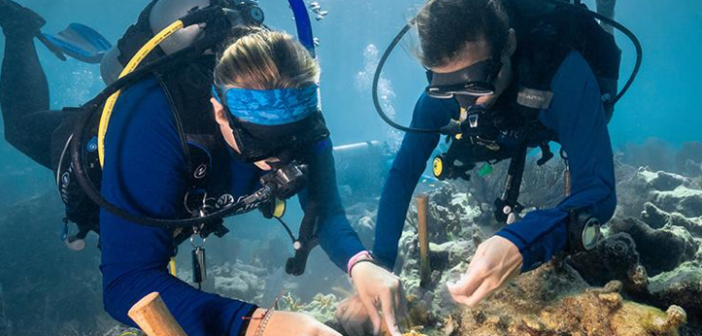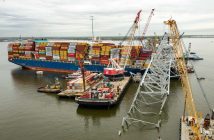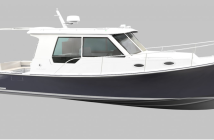Earlier this week, the National Oceanic and Atmospheric Administration announced a historic new plan for restoring seven coral reefs in the Florida Keys.
NOAA says the plan, called Mission: Iconic Reefs, is an effort to restore almost three million square feet of reefs in the Florida Keys National Marine Sanctuary, stretching the length of the keys. The plan is one of the largest investments ever made for coral restoration.
The reefs protect the keys, with five million visitors a year, from catastrophic storm surge, while providing some of the best-known destinations in the world for diving, snorkeling and fishing. But they have been hurt by decades of compounding stress from a combination of factors: coral bleaching, coral disease, hurricanes, human impact, and global ocean warming.
The situation is dire. Historically, reefs in the keys have had 30 to 40 percent coral cover; now that’s down to 2 percent.
NOAA says it needs to take emergency steps to keep the reefs from collapsing beyond a point where they can be restored. It plans an immediate scaled-up effort with a focus on the ecosystem to restore diverse, reef-building corals at seven reefs, starting in the upper keys – Carysfort Reef, Horseshoe Reef; Cheeca Rocks, Sombrero Reef, Newfound Harbor, Looe Key Reef, and Eastern Dry Rocks.
For first time, NOAA will intervene with natural conditions by removing invasive species and introducing disease-resistant and climate-resilient reefs. That restoration will start immediately, with the removal of algae that prevent coral larvae from setting and growing.
The plan will move on to use rapidly growing coral species to restore the reefs to average of 15 percent coral cover, and then get that up to 25 percent by increasing reef biodiversity.
NOAA already has announced more than $1 million to support in-water restoration at the seven sites. In addition, the United Arab Emirates announced a $3.5 million gift to The United Way of Collier and the Keys last year to support the coral restoration projects. Read more:
https://media.fisheries.noaa.gov/dam-migration/mission_iconic_reefs.pdf




